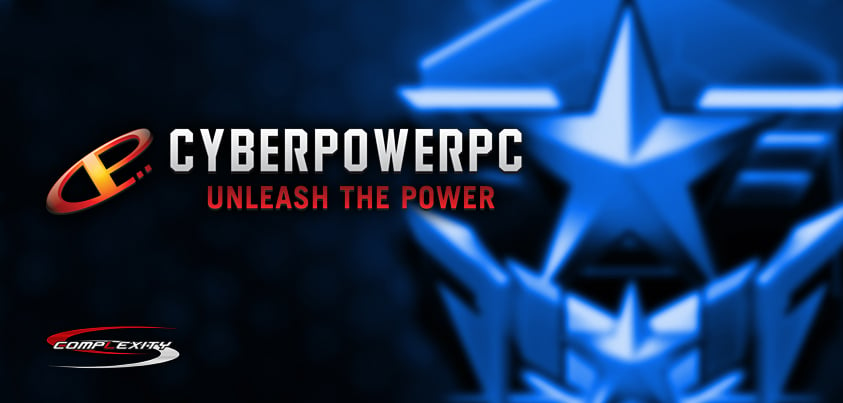By Kevin “qxc” Riley of Complexity Gaming

StarCraft coaching has evolved from a side project of few to a full-fledged career for many. There are numerous websites and coaches available, and as coaching interest has grown so has controversy regarding it. Many people deem coaching futile or a waste of time and money. While coaching is not for everyone, it certainly fulfills a specific role for some that cannot be found elsewhere.
Who will benefit from coaching?
Coaching is most useful for people who are seeking to improve their skill more quickly than they would on their own. Coaching does not necessarily translate into a higher win rate on ladder because as you win you face harder and harder opponents, but it should translate into greater personal enjoyment and fulfillment as old problems are solved. Coaching is not a way to solve StarCraft as a whole, but rather to use other people’s knowledge and understanding to bolster your own. Those seeking a raw increase in overall understanding of the game will benefit from coaching.
Those who do not have sufficient free time or are not willing to put in significant practice outside of the coaching session need not play. Coaching is a way to provide the tools and understanding for improvement, but require some degree of practice and consistent play to make sure they stick and become habit.
Why is coaching useful?
One of the most useful aspects of coaching is that our own mistakes are most easily seen by others, particularly those who are more experienced. More skilled players have more problems solved and can easily transfer some of that understanding. A large amount of skill in StarCraft is in knowledge and pre-determined strategy which can be easily imparted via coaching. For example, in Terran vs Protoss many of my students lose fights because of unit composition. If Protoss has colossus and Terran doesn’t have enough Vikings, then the fight is often already decided. Although this example may seem simple and obvious, this is the type of information can be very quickly given through coaching and lead to substantial dividends in game.
Finally, the reasons for losing are not always closely tied spatially or temporally to the deciding battle. For example, a student prefaced a replay with “I don’t understand how to beat Ultralisks” when the real story of the game was inconsistent SCV production and being down multiple bases for the entire game. The real ‘story’ of the game started only a few minutes in and continued for the next twenty or so until the Zerg converted a massive bank into a massive Ultralisk army. As the more experienced player, I was able to identify the more significant reason for losing.
Who is an appropriate coach for you?
Not all coaches are created equal and no one coach is appropriate for every player. Your coach should be so much better than you that you cannot ever beat them which means they have a lot to teach you and you don’t have much to teach them. They should be as low skilled as possible while still fulfilling the above: this means that you’re not overpaying. You will still get the most knowledge from the highest skilled player (assuming coaching ability is equal), but at some point you will get diminishing returns. For example, a large amount of my knowledge is irrelevant for a player whose primary problem is constant SCV production and spending money. If you can beat someone 30% of the time then you have something to teach them as well and instead of coaching you can try watching replays together and commenting on each other’s player.
Who shouldn’t get coaching?
Players who are not interested in accelerating their improvement or are content to learn at their own pace and problem solve as they see fit probably won’t see coaching to be useful.
What should you bring to a coaching session?
In order to maximize the utility of a coaching session you should come prepared with questions and replays as examples of where those questions originated. Often, a student’s description of a problem does not include sufficient details for me to give a real analysis and we must check the replay to get a better idea of what really happened. In addition, most lessons are short. By presenting your weaknesses up front you facilitate your coach’s ability to hone in on what you’re struggling with most.
Follow coL_qxc on Twitter